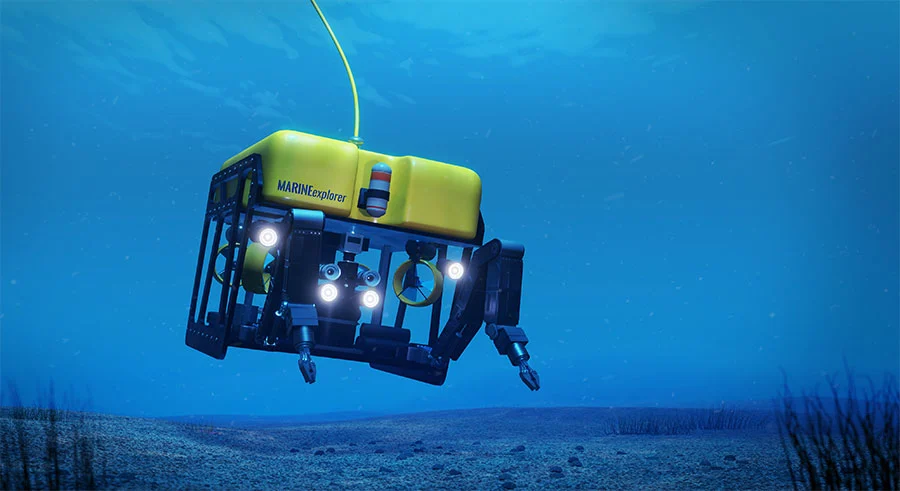Jee has delivered a regulator-approved risk-based inspection plan for decommissioned pipelines in the Southern North Sea, setting a new standard for post-decommissioning risk management across the UK Continental Shelf (UKCS).
The project focused on pipelines left in-situ after decommissioning, all of which were buried and had undergone pre- and post-decommissioning surveys. The client needed to agree a legacy inspection plan with OPRED and engaged Jee to provide a structured, data-driven solution.
Developing a Tailored Risk Matrix
Jee began by performing a survey trending exercise to identify any features that could pose hazards to other sea users and to assess how the adjacent seabed was changing over time. These insights were critical in determining the likelihood of buried pipelines becoming exposed in the future.
To ensure consistency across the client’s UKCS portfolio, Jee developed a risk-based assessment process tailored specifically for decommissioned pipelines. This included a bespoke risk matrix with likelihood and consequence definitions relevant to in-situ assets. Suggested inspection intervals were correlated against risk positions, creating a clear framework for decision-making.
Jee presented the proposed risk matrix and its rationale to OPRED and other stakeholders. Following review, OPRED approved the methodology for ongoing use, giving the client a regulator-endorsed approach for managing residual liabilities.
Delivering a Legacy Inspection Plan
With the framework in place, Jee applied the risk matrix to the pipelines within scope and produced a proposed legacy inspection plan, which OPRED accepted. This success means the client now has a consistent, repeatable process for risk assessing all decommissioned pipelines across the UKCS, providing clarity, compliance and confidence.
Industry Insight: Why Risk-Based Inspections Matter
Risk management remains a key part of an operator’s forward planning, even beyond an asset’s operational life. In decommissioning, the challenge lies not only in retiring infrastructure safely but also in managing long-term risks posed by assets left in-situ. Risk-based inspection frameworks prioritise monitoring based on likelihood and consequence, using tools like survey trending, seabed stability assessments, and exposure modelling to guide inspection intervals and mitigation strategies.
This structured approach supports compliance, reduces uncertainty, and demonstrates due diligence, critical for maintaining trust with regulators and stakeholders. As the industry evolves, such frameworks will be essential to ensure offshore infrastructure is managed with the same rigour as during its operational phase.
For more information, visit www.jee.co.uk or call +44 (0)1732 371 371.
“From our platform to LinkedIn’s energy professionals – your announcements reach the entire sector’s network, not just our readers.”















